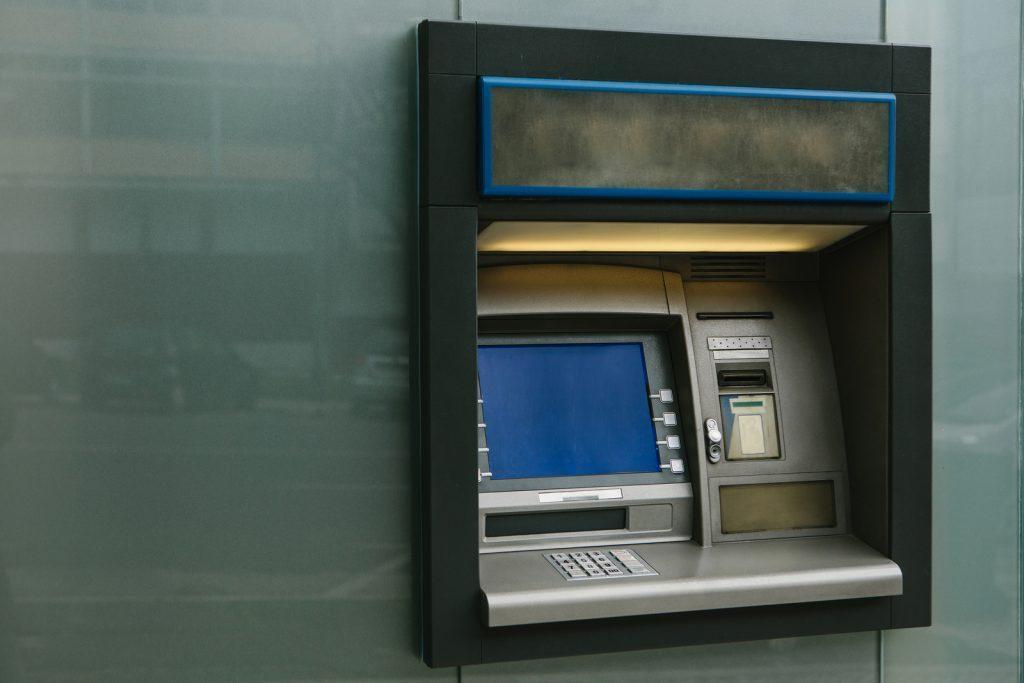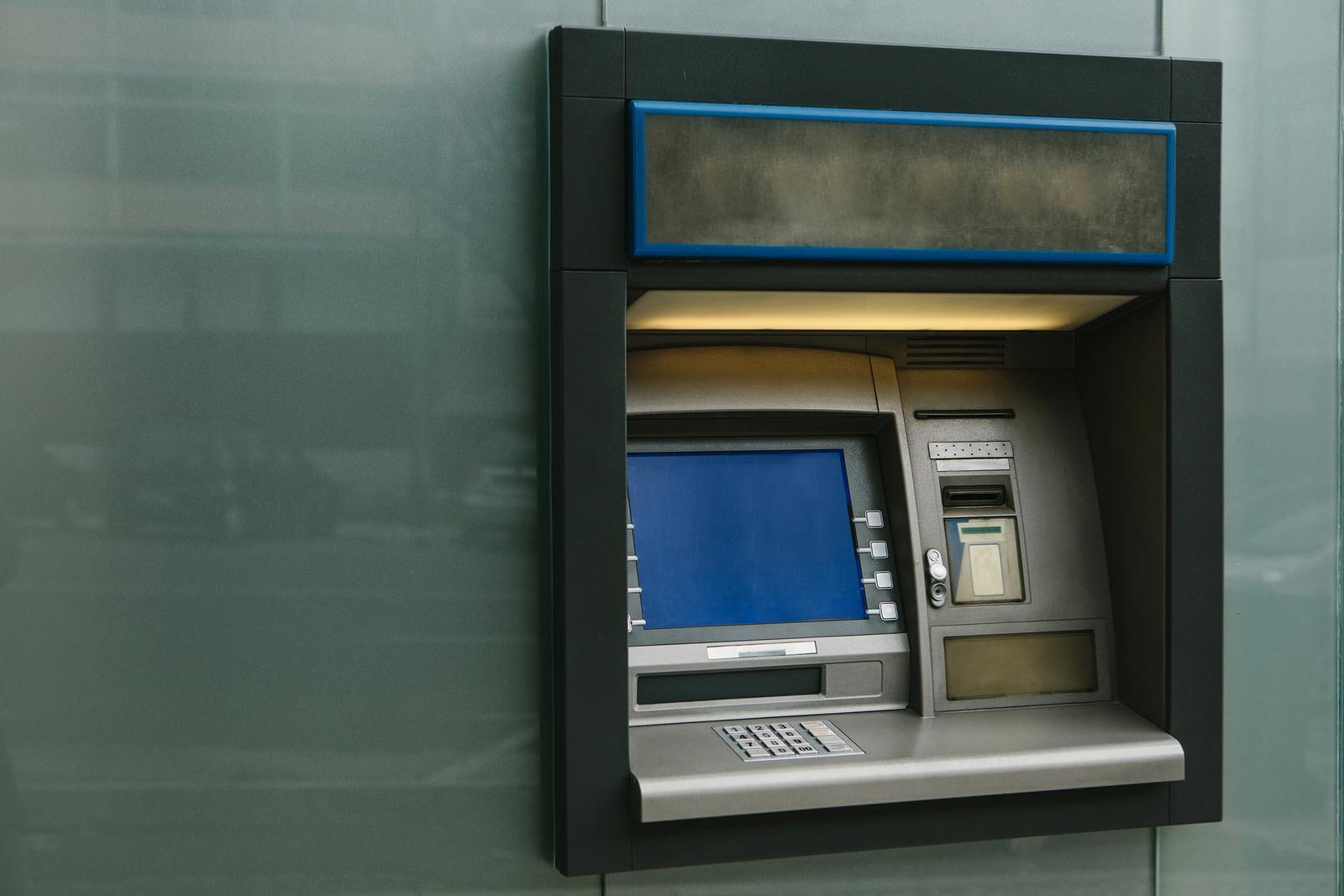With cashpoint closures increasing, consumer giant Which?, the Federation of Small Businesses (FSB), British Retail Consortium (BRC) and the Association of Convenience Stores (ACS) have launched a joint ‘Freedom to pay. Our way.’ campaign, calling for a regulator to be given explicit responsibility for protecting access to cash.
UK cash infrastructure disappearing
Research from Which? indicates that more than 2,500 cashpoints were lost in the six months leading up to December 2018 , with over 250 free-to-use machines disappearing monthly.
This is mainly due to changes in the way the UK’s cash machine network is funded.
Over the course of the year, 102 so-called “protected” machines closed in more remote areas which receive boosted subsidies aimed at keeping them open. Meanwhile, over 3,000 bank branches have closed across the UK since 2015.
FSB National Chairman Mike Cherry says this rapid disappearance of the cash infrastructure is damaging smaller businesses.
“Millions of small firms have customers who want to pay using notes and coins,” he says.
“The vast majority of shoppers either use cash frequently or want to see access to it maintained.”
His comments are backed up by Which? Research, which reveals that almost three quarters of adults in the UK still use cash at least two or three times a week, including 60% of 18 to 24 year olds. Which? says cash is a necessity many couldn’t live without, with 25 million people across the country still seeing cash as a necessity and over 2 million almost entirely dependent on it to live their lives.
Link cashpoint figures also show that while some parts of the country are rapidly moving away from cash, the rate of change elsewhere has been more gradual. Withdrawals in London and the South East fell by 8.5% and 7.7% respectively in 2017-18, but in Northern Ireland, just 2.1%. Which? says this shows that changes in consumer behaviour must be carefully monitored across the nation as a whole.
The company also points out that cash is a vital backup when digital payment systems fail, with recent analysis finding that leading banks are suffering at least one major security or IT glitch per week and outages of Visa payments and IT failures across many UK banks causing chaos.
“Small business owners. People who have to live on tight budgets. Rural and isolated communities. Some people living with disabilities. These are just some of the people who rely on cash,” says Jenni Allen, head of Which? Money.
Bank branch closures are also a problem for consumers and small business. Which? Research showed that the UK has lost two thirds of its branch network in the last 30 years, leaving a fifth of households more than three kilometres from their nearest bank, and Mike Cherry points out that bank branches create a natural draw for high streets and town centres.
“They give shoppers a reason to visit, meaning increased footfall and greater sales at surrounding small businesses as a result,” he added.
A campaign for thoughtful change: Freedom to pay. Our way.
Jenni Allen acknowledges that more and more people are using digital transactions, but she is concerned cash users are being left behind.
“The UK is drifting towards being a society that’s intolerant of people who have not transitioned away from cash to digital payments,” she says.
Mike Cherry’s concern lies with the small businesses being forced to go cashless “by lack of access to deposit and withdrawal facilities, disappearing ATMs or high cash handling fees,” rather than by genuine choice.
Nearly 128,000 people have already signed the campaign’s petition. The ‘Freedom to pay. Our way.’ campaign is asking that:
- The Government sets up a regulator to protect consumers’ access to cash and build a sustainable cash infrastructure for the UK
- Banks and building societies do more to ensure customers are adequately supported as we move towards an increasingly digital society
- The Payment Systems Regulator to immediately review LINK’s financial inclusion programme and stop cash machines disappearing from communities that rely on them
“It’s time for a regulator to be given explicit responsibility for protecting access to notes and coins,” says Mike Cherry.
“Otherwise we risk drifting into a cashless environment that we’re simply not ready for yet.”
To find out more, visit the Freedom to Pay campaign page. Has your access to cashpoints and bank branches diminished in recent years? What affect has this had on you as a small business owner or consumer?





Leave a Reply